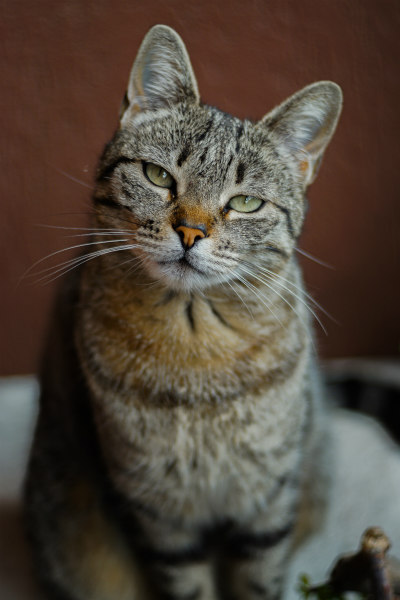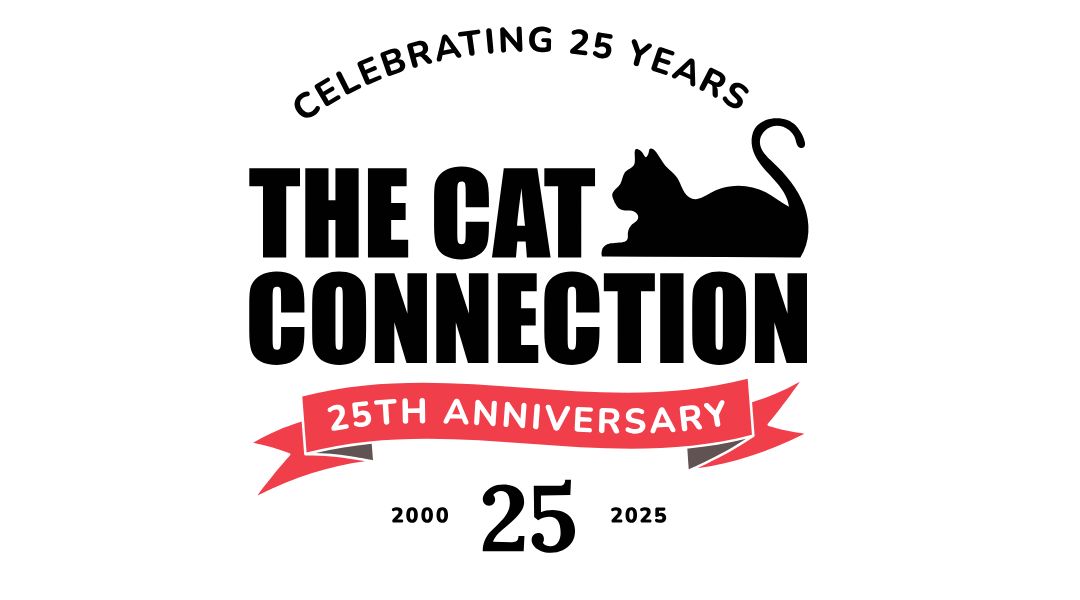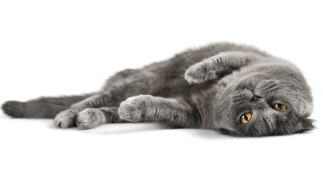Reasons why you should spay or neuter your cat
Why do I need to spay or neuter my cat?

What are the benefits of neutering your male cat?
- Neutered cats are more affectionate – focus more of their attention on their human families. Un-neutered cats pee and spray when a female in heat is near.
- Intact males mark with urine – if you neuter your cat, in most cases they will stop spraying outside the litter box.
- Intact males are aggressive – if neutered they become more loving and less aggressive.
What are the benefits of spaying your female cat?
- Felines go into heat every 4-5 days during breeding season.
- They yowl loudly when in heat – will attract all the unneutered males in the neighborhood who will spray around your house.
- They urinate frequently when in heat.
- They will stop urinating outside the box if you spay, unless other factors such as litter box placement in an undesirable (to the cat) place come into play.
- Myth: female cats do NOT get fat just because of being spayed. They get fat when they eat too much food.
Cat overpopulation
- Shelters are overcrowded in the US. TCC’s foster homes are full of cats who need homes. When shelters and foster homes get full, we have to turn cats away.
- People buy cats instead of adopting, when there are so many unwanted cats in shelters who need a home.
- Cats cannot fend for themselves – it is a myth that cats can survive on their own outside. Cats have been domesticated for millennia, and we have a responsibility to care for them. The Cat Connection finds injured and sick cats all the time, and cats can get frostbite in the cold during the winter.
Unwanted cats and kittens
- Too many kittens, not enough adopters
- People let their cats have many litters.
- Cats on average have four kittens in a litter.
- The population can multiply out of control quickly, just by having a few un-spayed or un-neutered cats wandering around.
- Just two cats breeding unchecked can lead to 420,000 cats in just 7 years, since cats can get pregnant as young as six months old and cats come into heat twice a year, rather than just once as with other species.

